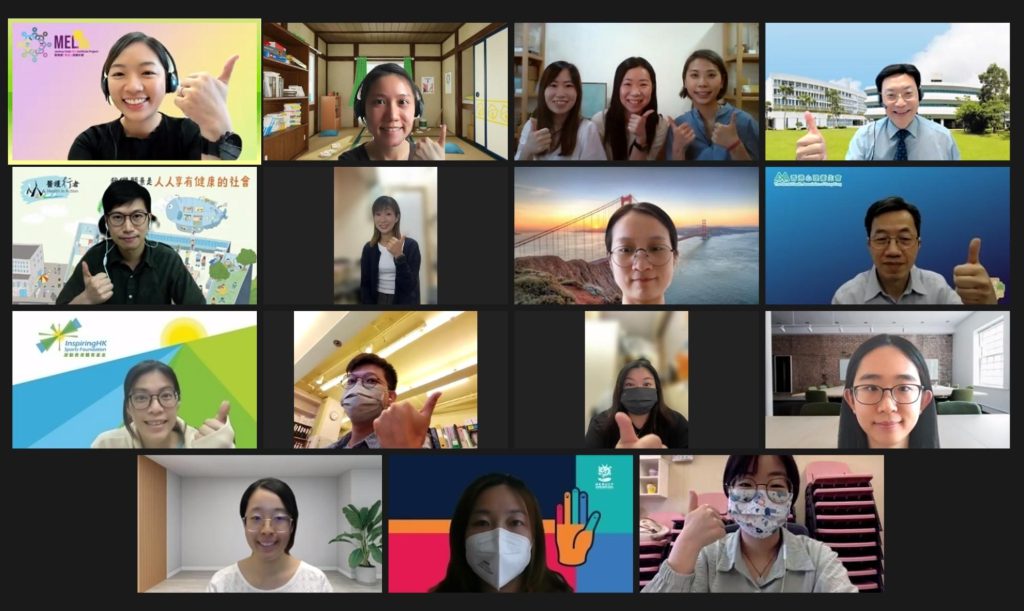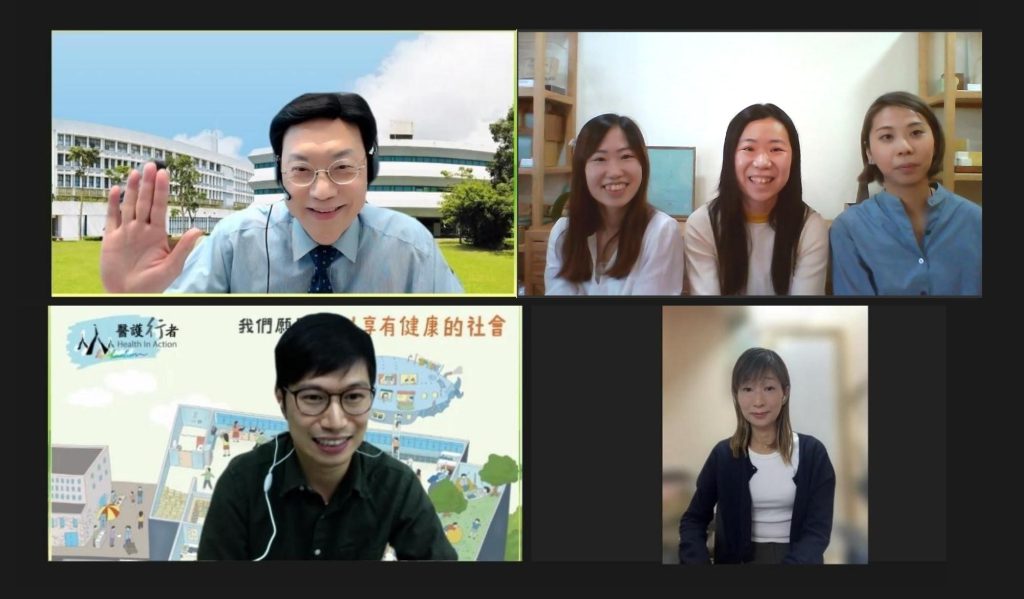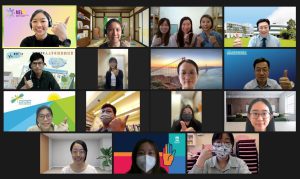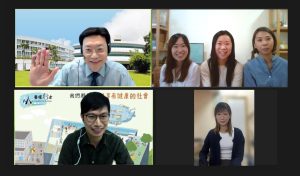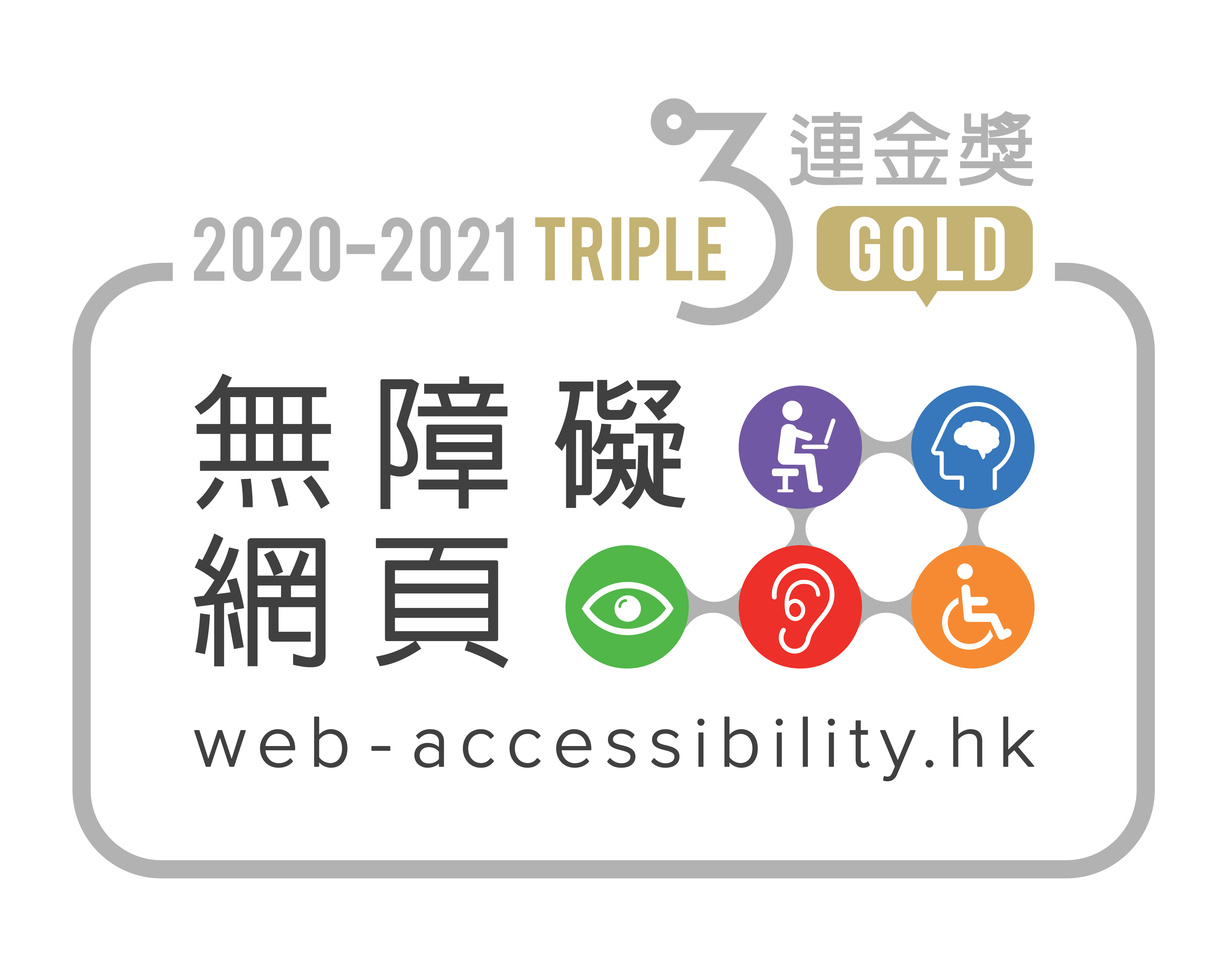CUHK
News Centre
The Jockey Club MEL Institute Project organised by CUHK helps increase NGOs’ service effectiveness during the pandemic
The Chinese University of Hong Kong’s (CUHK) Department of Social Work has today (5 May) revealed the outcome of the “Jockey Club MEL Institute Project” (the Project) and how it helped non-governmental organisations (NGOs) improve their services during the COVID-19 pandemic.
In recent years, the awareness among local NGOs of improving service monitoring has been increased by more public concern over their service management and quality. Funded by The Hong Kong Jockey Club Charities Trust, CUHK’s Department of Social Work has developed a three-year programme that aims to share knowledge and experience of the concepts of Monitoring, Evaluation and Learning (MEL) with local NGOs through a series of training sessions and a mentored practicum.
Professor Steven Sek-yum NGAI, Principal Investigator of the “Jockey Club MEL Institute Project”, Chairperson and Professor, Department of Social Work, CUHK, described how the Project has coped with challenges caused by the pandemic. For example, it switched to an online platform for courses, sharing sessions and international conferences. Mentors also made good use of the online communication platform to assist participants in using information technology to provide their services. In addition, the rich resources available on the online learning hub helped participants to self-study and enhance their programme evaluation skills. Despite the challenges it faced, the Project has achieved encouraging results. After participating in the Project, around 90% of the participants have improved their performance in programme evaluation and their understanding of MEL. They have cultivated a MEL mindset and applied the knowledge they have gained in service.
In addition, the project team selected 10 Outstanding Award projects from 60 projects, in recognition of how they made use of the lessons learnt from the MEL Project to design innovative social services to adapt to our changed circumstances. Two award-winning teams have introduced their projects.
“Vision for Future” Eye Care Project is a community programme incorporating a medical-social collaboration model and community intervention to sustain healthy vision for children living in subdivided units in Sham Shui Po. The project was initiated by Caritas Community Development Service and was supported by Heath in Action. Ms. Siu-wai WONG from Caritas Hong Kong and Mr. Anthony Chun-kin LAI from Health in Action recalled how they utilised the knowledge gained from the MEL Project to run “Vision for Future” and to evaluate the effectiveness of the activities systematically. During the pandemic, only limited services could be provided to their service recipients, so the organisation produced online eye-care knowledge videos for parents, with positive results. Siu-wai said, “Through the Eye Care Project, three areas were improved: better eye care protection techniques among children, a decrease in the frequency of children rubbing eyes daily, and an increased willingness among parents to share eye care information and resources with their friends.” She also said that she hopes to expand the project to other districts with subdivided flats.
Another Outstanding Award project is “Soap Much Love”. During the COVID-19 pandemic, sheltered workshops in Hong Kong found it difficult to sell their products with traditional face-to-face sales events being suspended. Ms. Jolie Wai-fong CHAN from The Mental Health Association of Hong Kong, Ms. Katrina Yu-chun CHENG, former Assistant Manager from Food Angel by Bo Charity Foundation, and Ms. Debby Wai-ting, former Sales & Marketing Assistant from The Hong Kong Society for the Blind described how they applied the effectiveness-based model and story-telling skills learnt from the MEL Project to design and promote “Soap Much Love”, a project aiming to explore the feasibility of online sales channels for sheltered workshop products and their potential impact on participating trainees. Katrina said that the reach and engagement rate of the organisation’s social media increased after the project was implemented, and they also successfully sold the products. The team also found that the trainees perceived their efficacy to have improved and were motivated by the encouraging results.
